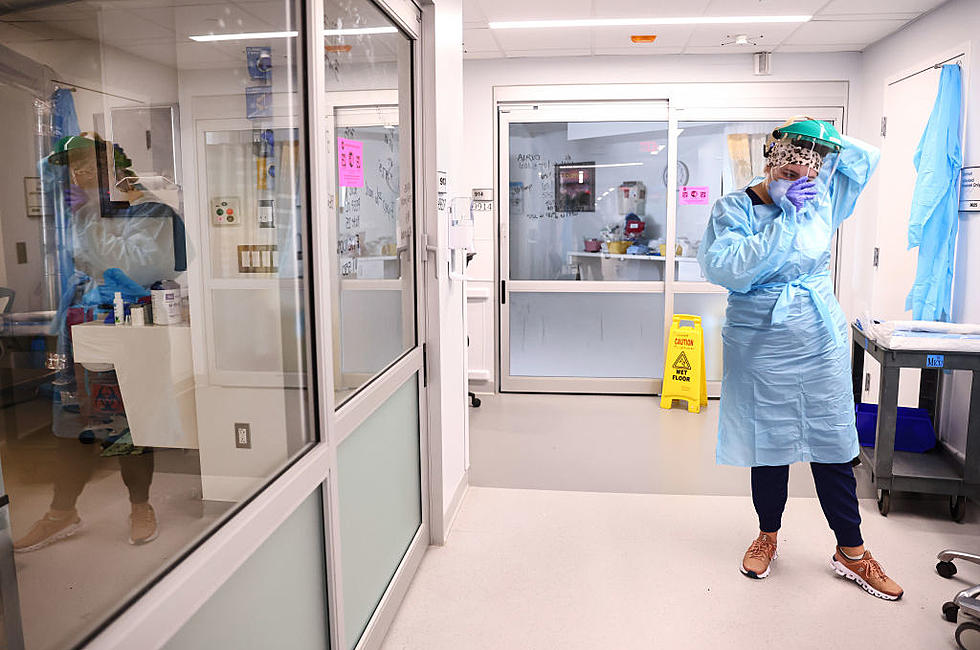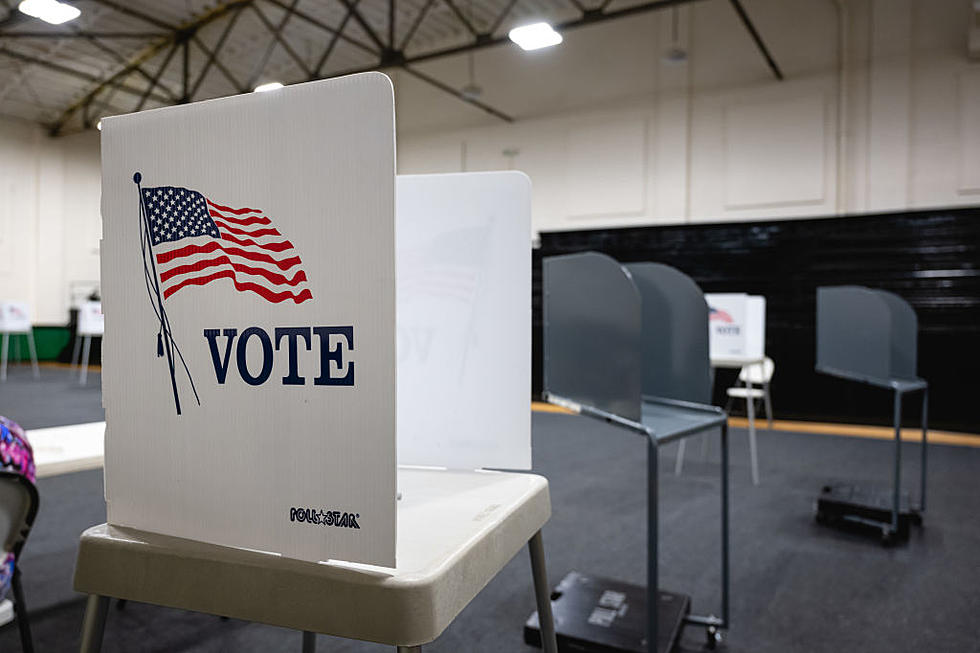
What’s The REAL Surprise About I-1433, Besides Raising Minimum Wage?
This November, Washington state voters will decide not only whether to raise the state's minimum wage for every business to $13.50 by the year 2020, but whether to deliver a huge economic blow to small businesses.
Pushed by labor unions and the group Working Washington (who were behind Seattle's $15 minimum wage), this plan would gradually increase the state's minimum wage to $13.50 by the year 2020. Currently the wage sits at $9.47 and will rise another $.6 cents to $9.53 in 2017. It's one of the highest in the nation.
But perhaps more impactful than the minimum wage, I-1433 comes with another clause that could cause even more damage to small, mom-and-pop businesses.
The bill would also require, starting in 2018, ALL businesses to offer paid sick leave, regardless of the size of the company. For every business in our state that can or does offer some sort of paid sick leave, there are far more small outfits that cannot afford to.
I-1433 would require a company that employs even only one or two workers to offer such a plan. According to a study by the University of Washington, as reported by the Washington Policy Center, (WPC) there is no limit to the amount of paid sick time an employee could accrue each year. That little espresso stand with 3-4 people, or an electrical or HVAC contractor with 10 workers would also have to do this. This would be like hiring 'invisible' workers on paper, who cost money, but don't actually do any work. Significant added expenses.
Also, the impact of raising the minimum wage was noted by WPC and the University of Washington study. According to the WPC:
- The harmful effect of an artificially high minimum wage on low-skill workers was noted by University of Washington researchers studying the initial impacts of Seattle’s $15 minimum wage law.
- While Seattle’s lowest-wage workers are earning slightly more than they were before the new wage law took effect, they have suffered reduced hours and lower rates of employment. These cutbacks in work hours have largely offset the slight wage gains of some workers.
- The UW study found that despite the city’s hot economy, Seattle’s low-wage workers are “lagging behind” their counterparts in other cities with less robust economies.
Many opponents and small business owners say if 1433 passes, they will likely either not hire new workers, or perhaps will have to cut staff to offset the additional costs of paid sick time starting in 2018. This would have, like Seattle's minimum wage, the opposite effect of what 1433's supporters want.
Most business owners want to offer this plan, and when their company reaches a stage where they can afford it, they do. But to force even the smallest of businesses to do so will only result in job losses.
More From 870 AM KFLD









